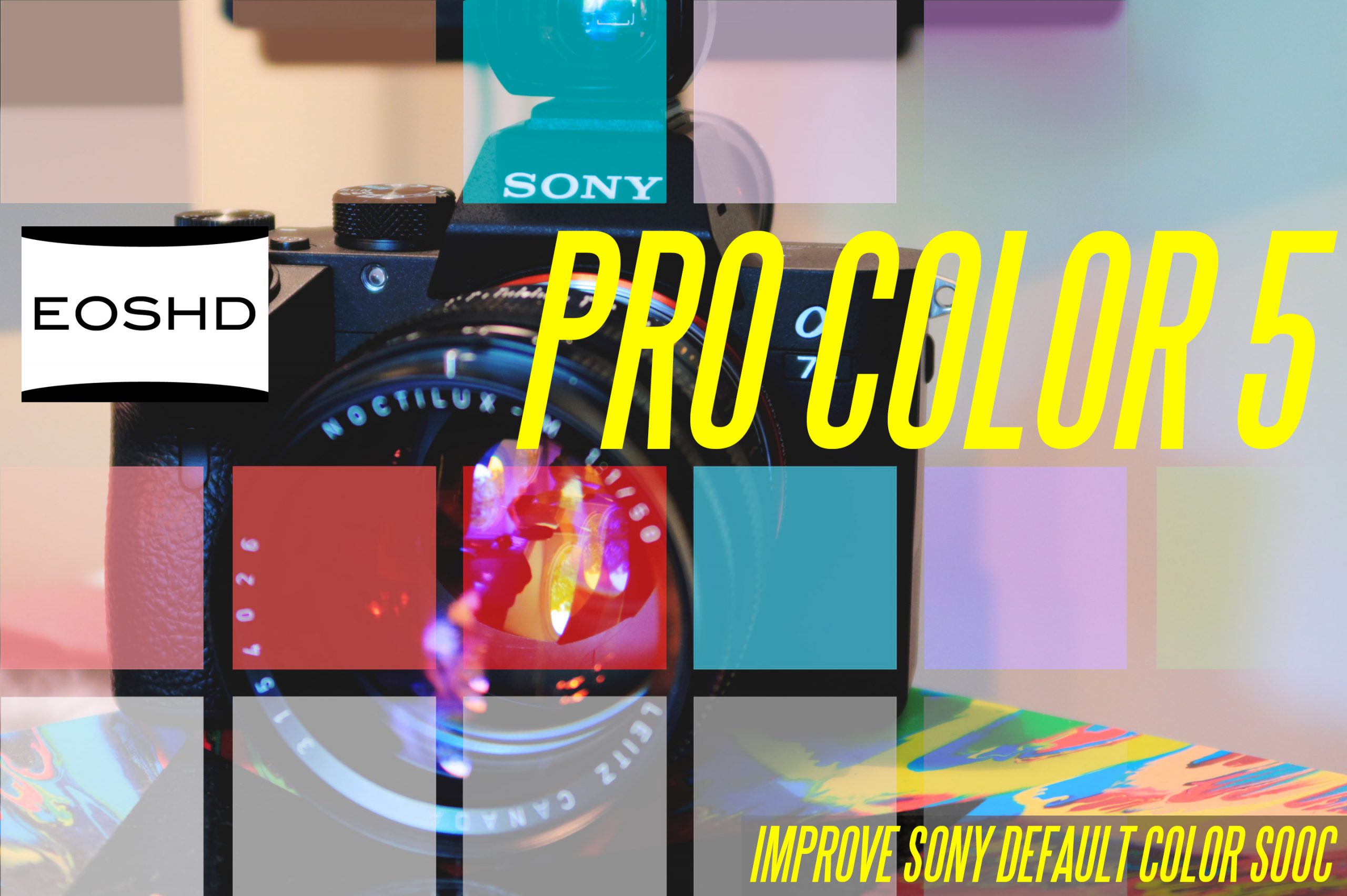My articles on camera gear get more hits than the ones on creative filmmaking. Creativity is a very personal and subjective thing. It’s easier for people to quantify gear, to quantify what makes a great image and what doesn’t…
So it tends to be at the moment that the gear gets the most attention in the DSLR world, and it certainly is ground-breaking, exciting and important…But.
If you haven’t anything to say or express with it, all that gear is pointless. It’s obvious!
The creative avenues opened up by good gear are immense especially considering just how cheap and accessible DSLRs are, and amateur video no longer has to look amateur. Like Kubrick we can now light only by candlelight. We can do more than before and with less, certainly in terms of money. Like Darren Aronofsky we’re free to shoot on public transport with hardly a glance, such is the stealth factor of DSLRs. Like Tarkovsky we can shoot with LOMO anamorphic lenses (on digital for the first time).
But all of that doesn’t matter one jot if you have nothing to say.
Kubrick’s signature style was an emotionally distant, birds-eye view of humanity. A perfectionist who insisted on take after take. Powerful use of symmetrical framing on the occasions when it mattered, thoughtful cinematography. As a person he had a cynical view of human goodness and a fascination with the bigger picture and use of technology. Every frame expressed a deeper meaning and a voice.
That’s a skill which has very little to do with money or gear, though both are essential to the execution.
I think that some tend to do get the execution and process mixed up with the director’s artistic expression and style.
One is a profession and a craft and the other is an art form.
When I say that a director can produce the same end result with a £500 DSLR as they can with a £5000 Sony FS100, I mean that both are similar enough in basic raw terms to offer the same creative expression, artistic aesthetics, same end result. A legendary guitarist for instance doesn’t suddenly become a mediocre talent if you hand him a dime store guitar. What Sony did in choosing not to implement 24p and manual controls on their affordable DSLRs stunk, because they are implying that serious artists have to afford a £5000 ‘professional’ video camera to express their voice. Thankfully, we have Canon and Panasonic who have chosen not to dumb down their consumer DSLRs or limit creative control for those who can’t afford £5000 as a commercial investment.
In this business environment, a Sony F3 or FS100 is worth every bit of expense relative to a DSLR in executing the task without work-arounds and getting the job done and of course there is room for an artistic expression in a commercial filmmaking environment, a big opportunity to express a signature style and a voice – but the commercial pressure to complete a job on time, the constraints of shooting to someone else’s spec, being risk averse and prevented from experimenting compromise your voice.
For anyone else they are an unnecessary expense.
The drawbacks and compromises in workflow of DSLRs are not large enough to effect the film, in fact sometimes they can even add to the art – that’s why its good to see the limitations of current gear as a positive thing and a workaround as a creative step rather than a hassle.
There are so many ways of exploiting something in interesting ways before you resort to dropping a money bomb in the belief it will propel you forwards. I know of one guy, whom, after seeing what the Nikon D90 was capable of, skipped the 5D MkII, GH1, 7D, 550D and GH2 for 2 years deeming them not good enough, and pining for ‘a DSLR in video camera form’. Now the FS100 has come along he is delighted. This is the most idiotic creative choice you can make as a filmmaker – shoot nothing and then expect the gear to give you a gigantic leg up. I was shooting before DSLRs came along, what you can get hold of in terms of gear should not dictate whether you shoot or not.
That quick hit from technology doesn’t last long and only the fittest survive – you need a unique and compelling voice and you need to keep evolving it. Here are some tips for finding your voice as a filmmaker:
Content is not king
It’s too simplistic to give all the weight and emphasis to just one aspect of filmmaking. As Robin Schmidt (ElSkid) says in his blog, filmmaking is a multi-diciplined art. Of course content – the script and the story – is important, but you should not ignore cinematography, casting, location scouting and all manner of other aspects. Of course gear is important but you should not spend 100% of your time tinkering with it. Film is so much more than a binary choice.
Imagination is more important than knowledge
This one is a Steve Jobs and Einstein mantra, and again not a binary choice, both are important but imagination has that extra power in the creative industries. There are too many knowledgable people without it – they get bogged down in the technical details and never produce anything artistic. Originality and artistic use of knowledge takes imagination. One could have the camera knowledge of Barry Green but if you don’t have the creative spark and artistry to apply it in an interesting and new way, what really is the point?
It’s okay to slack
Hard work is important but it’s misleading to suggest that talent is mediocre without it. Creativity needs the breathing space to flourish and for experimentation to occur. The most creative people I know would make useless grafters. Try and isolate yourself from 9-5 day jobs as much as possible by generating income in other ways. I don’t mean by robbing banks, but if you have to sacrifice a bit of security and luxury to be an artist, it will be a sacrifice many an artist has made in order to make it.
Network
One person is never good at everything – if they are they have to compromise somewhere. Filmmaking needs collaboration, as almost all art does.
Absorb influences
Referencing other artists in your style is not simply copying, it’s smart. The greatest artists do it, the greatest bands, the best filmmakers – they all steal – but here is the vital part – they do it with imagination and add their own spin to it. It’s important to be interested in the world around you so that it informs your voice. Curious minds make good filmmakers.
Avoid idiots
As a fan of the sport Formula One I’ve read some sage advice from the racing driver Jackie Stewart – he says that the best advice he could ever give in life was to avoid idiots at all costs.
Filter
If you are doing things right you will get a lot of offers, it’s okay to ignore a lot of it. If you never turn anything down it means you’re not getting enough offers to collaborate or to work, and that in itself is much worse than having to turn people down. As in art as in business, a good artist turns down more work than they take on.
Have an opinion
It’s very easy in a world of social networking, social chatter, social this and social that to water down opinions until they are completely worthless. Every opinion offends someone somewhere. Who cares? Social networking and the business world censors a lot of young filmmakers, and they never completely break out of the box. This is where creativity and business are completely at odds – if you are building a reputation and a career, just be aware that it’s impossible to have any opinion that will satisfy everyone – abandon that plan and just say what you think instead. To hell with political correctness, don’t compromise your voice for anyone else.
“The best restaurant is rarely the one with the longest cue” – Kubrick
Kubrick is implying that it’s important to swim under the mainstream currents and get ahead, discover new ground first away from the crowds. I guess what he’s also getting at is that mainstream taste is usually rubbish. The great filmmakers all seem to have one thing in common – they’re making films for themselves and not to suit a particular demographic.
Conviction
It’s critical to have conviction in your views. If you’re not interested, who else will be? There are others like you out there, thinking the same, so do what pleases you and they will in turn be interested as well. Add a personal touch, and that is your artistic voice.
Step back
Self criticism is good, and being dissatisfied is good but you have to trust your original judgement. As a film or piece of work ages, you may lose interest in it or dwell on flaws – but always remember that first buzz you had from it. That freshness is still accessible to the audience. As the creator you are in a unique position, and what you see after the event is often distorted.
Murder the darlings
A shot needs more than a bit of eye-candy to succeed, and whilst aesthetics are essential in generating a mood and feeling they are not the be all and end all – so if you have a pretty shot but it doesn’t work in context, throw it out.
Abstract and add mystique
Creativity is about the ungraspable logic of the right brain, which is completely different to the obvious and explicit left brain approach. Children who aren’t brought up with enough freedom or play turn into accountants. Don’t be obvious in your approach to filmmaking. It’s not just about the explicit content of a scene – concentrate on feeling, mood and what’s not obvious, to create a sense of wonder. It’s better for an audience to be confused and left wondering, than to be bored and have stuff delivered on a plate. Look at the early REM for inspiration with this. Their music had the hooks, but Michael Stipe’s lyrics were a complete gibbering mess – and that was 50% of the appeal. The stream of consciousness style – also used by Patti Smith in her music, has so much power and mystique. I believe the lack of explicit meaning to be one of the most important aspects of filmmaking. People want to have the chance to read their own personal meanings into things.


